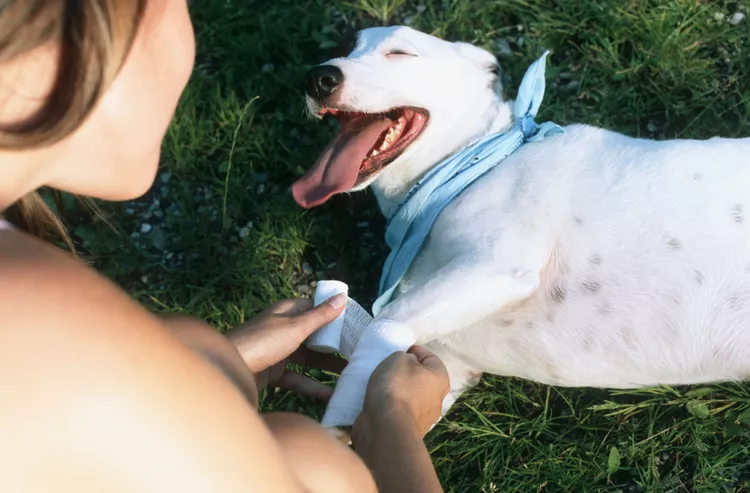
Vetericyn Animal Wellness is a line of animal care products. Vetericyn makes a variety of products to safely clean and treat wounds. They also offer products that care for animals' skin, ears, and eyes.
The key ingredient in Vetericyn products is hypochlorous acid, an antimicrobial agent that is safe for use on many tissues. It is even safe if small amounts are ingested by an animal.
Vetericyn products are available as Vetericyn VF (Veterinary Formula) and Vetericyn Plus, the over-the-counter formulation. The veterinary formulas are stronger than the over-the-counter versions. The parent company, Innovacyn Inc. also makes Puracyn, a similar product that is formulated for human use.
Vetericyn makes both veterinary and over-the-counter products to care for wounds, skin, eyes, and ears. All products are completely safe if licked or ingested in small quantities by an animal.
Vetericyn's Wound and Skin Care Liquid is available in the veterinary formula (Vetericyn Plus VF Wound and Skin Care Liquid) and over-the-counter (Vetericyn Plus All Animal Wound and Skin Care). The products are similar, but the veterinary formula has a higher concentration of hypochlorous acid than the over-the-counter version.
The wound and skin care liquid can be used to clean and flush wounds without causing damage to healthy tissues. Veterinarians can use the veterinary formula for lacerations, abscesses, scrapes, hot spots, and other skin irritations in dogs, cats, horses, and other species.
The over-the-counter formula is a great product for pet owners to use on their pet's minor wounds and skin irritation. It's also a great item to keep in the pets' first aid kit. It can be used to clean minor skin problems that can be expected to heal without veterinary attention. Be aware that wounds treated at home should get veterinary attention if no improvement is seen within a day or two and any bite wounds, puncture wounds or other deep wounds should always be checked by a vet right away.
Vetericyn's Hydrogel is also available in a veterinary formula and an over-the-counter formula. The hydrogel is designed to cling to the skin and protect and moisten the wound, promoting healing. Veterinarians often use hydrogels on wounds in their early stages of healing to keep them clean but to also allow the wound to stay moist so that cells can migrate in to repair it. The over-the-counter formula, while less concentrated, is effective at protecting and soothing minor scrapes, sores, burns, or rashes.
The product works best on clean skin or wounds where the hair has been clipped away. The hydrogel clings to the skin and slowly evaporates, so it does not need to be wiped or rinsed away. It can also be applied as part of a wound dressing. Your vet may send you home with this product to use on your pet's wound depending on the conditions.
Vetericyn Plus VF Otic Cleanser can be used to properly clean the outer ear and external ear canal of dirt and debris. This product can help prevent ear issues including ear infections. Do not use Vetericyn in your pet's ears if the eardrum is ruptured and contact your vet if you are not sure if this could be the case.
The over-the-counter formula, Vetericyn Plus All Animal Ear Rinse, is less concentrated but similarly effective for routine ear care. Otic cleansers work best if excess hair is removed from the ear canal.
Vetericyn Plus VF Ophthalmic Wash can be used in and around the eye to remove debris, reduce eye irritation and tear-staining.
Vetericyn Plus All Animal Eye Wash is the similar but less concentrated over-the-counter version. It can be used to rinse away debris from the eyes and reduce irritation. Pet owners may like this solution for pets that get "goopy" eye discharge occasionally.
Note that eye issues in pets can become very serious very quickly if left untreated. You should see your veterinarian first whenever an eye problem arises, and use these products only after consulting with your vet.
Vetericyn makes a line of foaming shampoos for pets. The shampoo is easy to evenly spray on the pet using the foaming applicator. The formula is conditioning, non-irritating, pH optimized, and helps retain the pet's natural skin oils. It is also very easy to rinse off.
FoamCare comes in several varieties, each developed for a specific coat type:
FoamCare's formula is nourishing and conditioning to the skin, anti-inflammatory, and hypoallergenic. It is designed to help the animal’s natural skin barriers resist skin problems.
As with all animal care products, follow the instructions printed on Vetericyn's label or those provided by your veterinarian, and talk to your veterinarian if you have any questions or concerns.
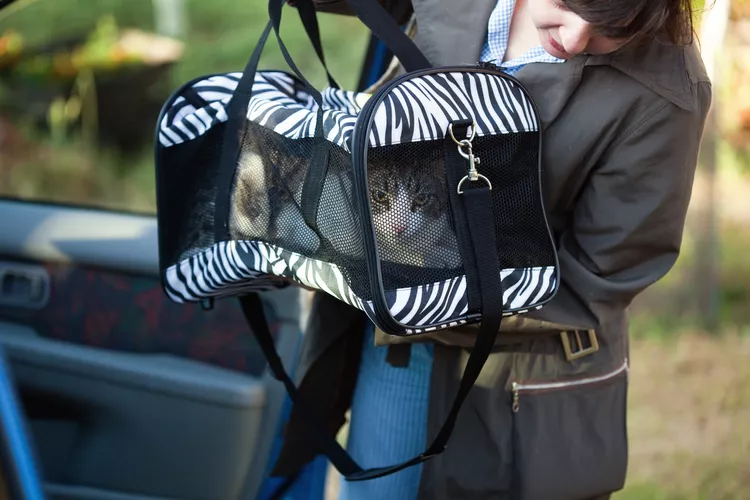
How to Take a Car Trip With Your Cat
Think you can't travel with your cat? Think again! Traveling with your cat just takes a little preparation and planning. Here's how.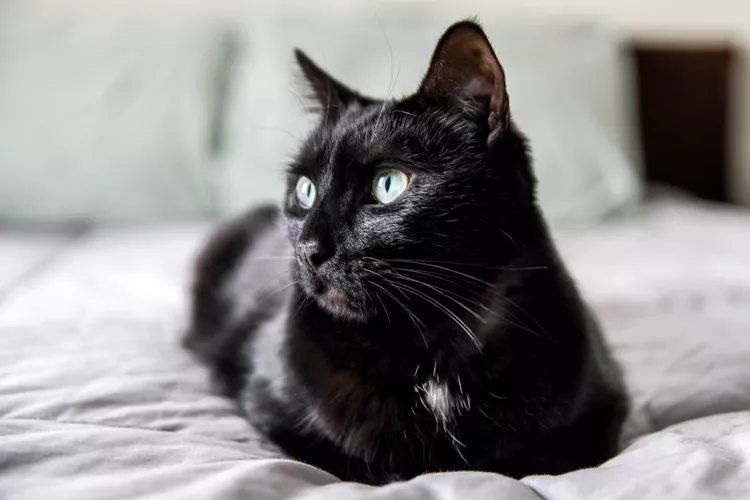
How to Determine Your Cat's Age
Determining the age of an adopted cat is just guesswork, but a vet can look at teeth, sexual maturity, fur coat, and eyes to estimate.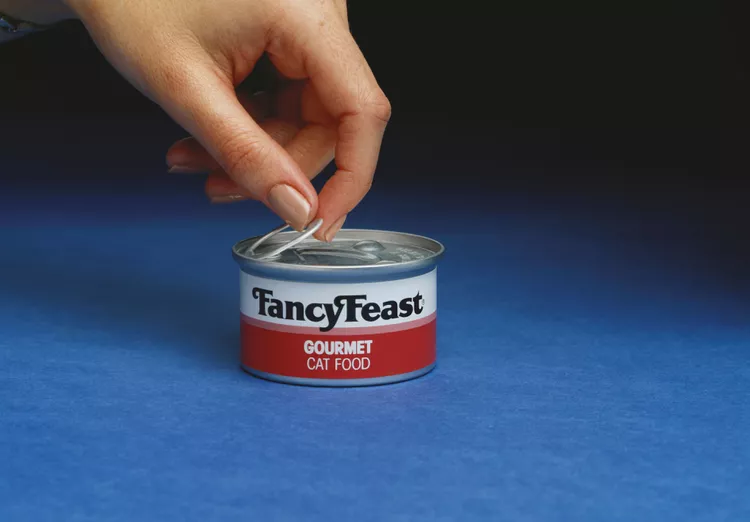
Cat Food Ingredients to Avoid
When checking the nutrition content of cat food, look for ingredients that are not healthy or show it is of poor quality. Avoid these 3 ingredients.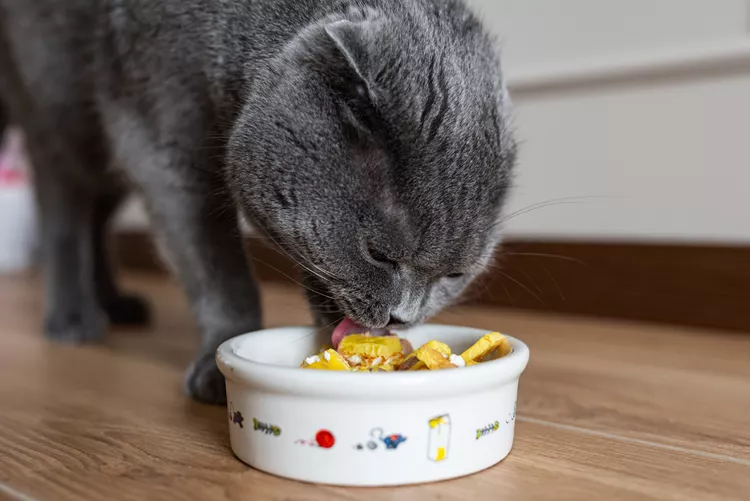
What You Need to Know About Homemade Cat Food
If you want to cook for your cat, make sure to read about the risks associated with homemade diets for cats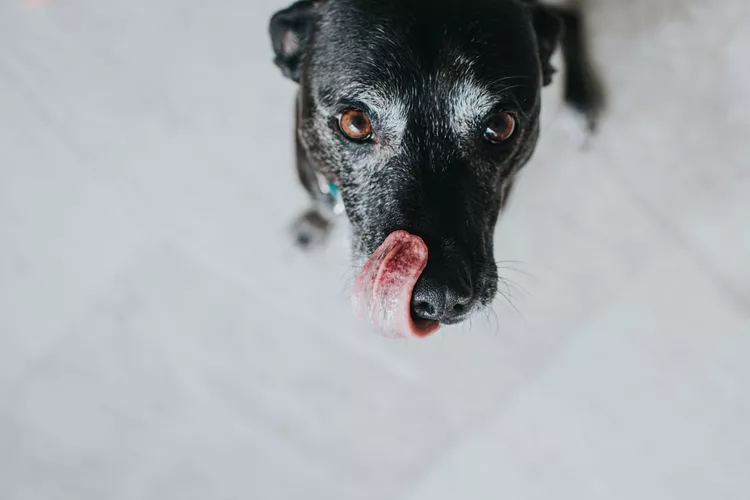
Can Dogs Eat Raw Chicken Feet?
What are the potential health benefits of chicken feet for dogs? What are the risks?
Macadamia Nuts and other Nuts That Are Toxic to Dogs
Find out why macadamia and other nuts are poisonous to dogs, what signs to look for, and what is needed to treat the toxicity.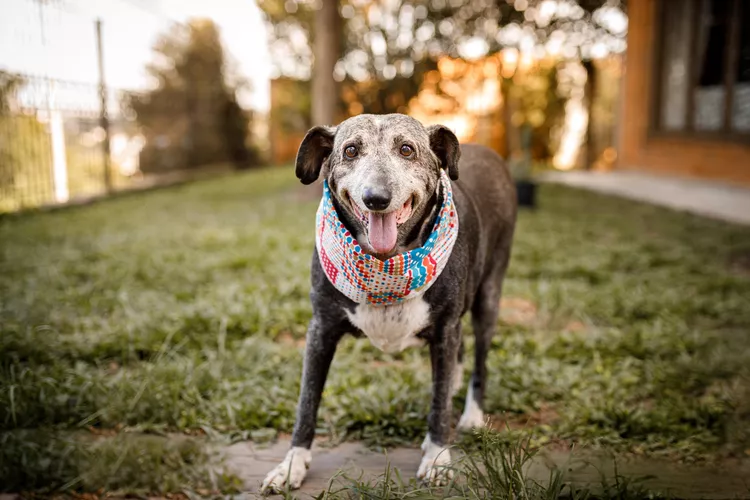
10 Tips for Taking Care of a Senior Dog
Is your dog a senior? Changes to their diet, exercise, and care are required. Here's how to make sure they're living their best and healthiest life.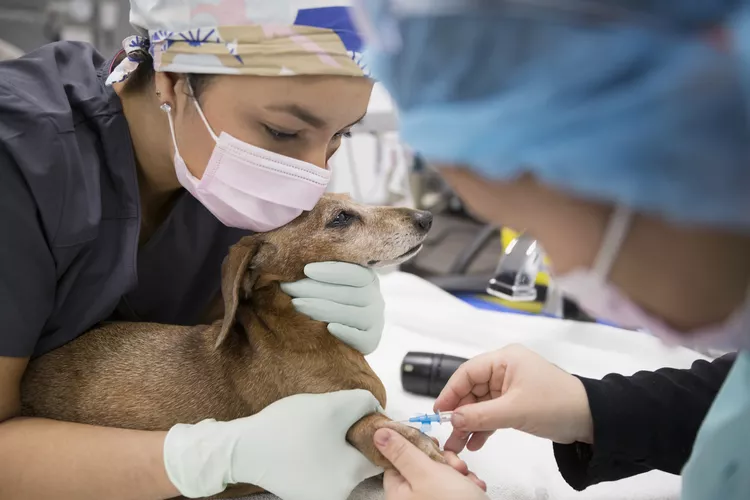
Hookworms in Dogs
Hookworms can make a dog uncomfortable but may also lead to serious blood loss and anemia. Learn the causes, treatment, and prevention.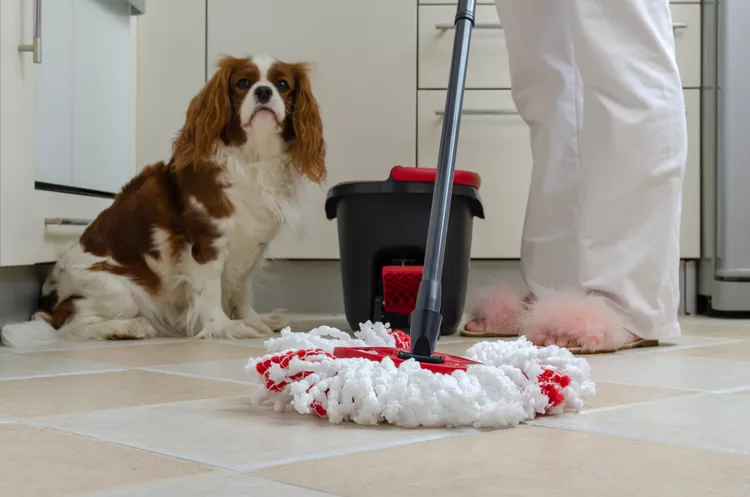
Is Swiffer WetJet Safe to Use Around My Pet?
ASPCA toxicologists deemed Swiffer WetJet to be safe for use around pets, but there are other all-natural floor cleaning options available.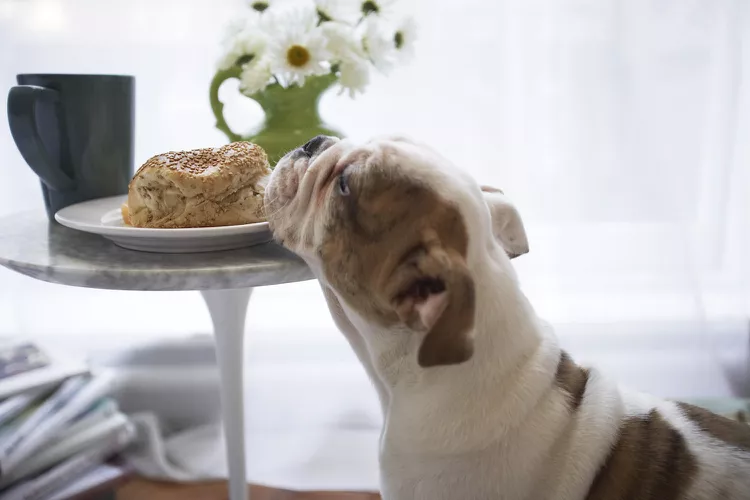
Can Dogs Eat Bread?
Is bread a safe snack for you dog? Are there kinds of bread you should avoid? Learn more about whether it's okay to feed your dog bread.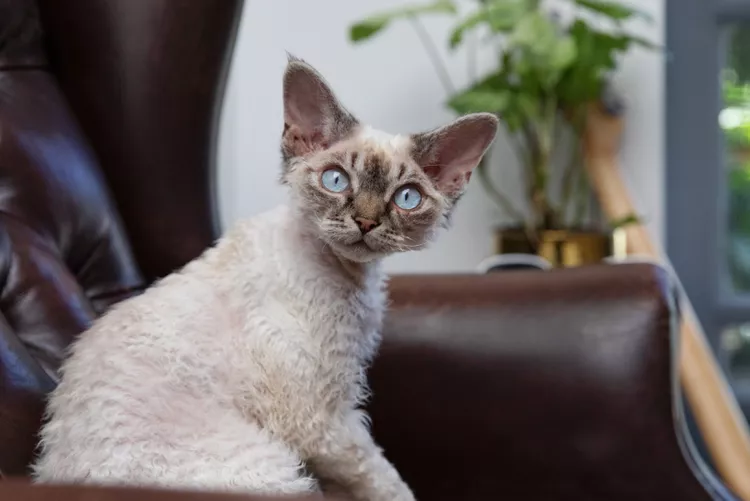
14 Hypoallergenic Cat Breeds for People With Allergies
There are no true hypoallergenic cat breeds. But some, such as the Siamese and Siberian, might be less likely to cause allergies than others.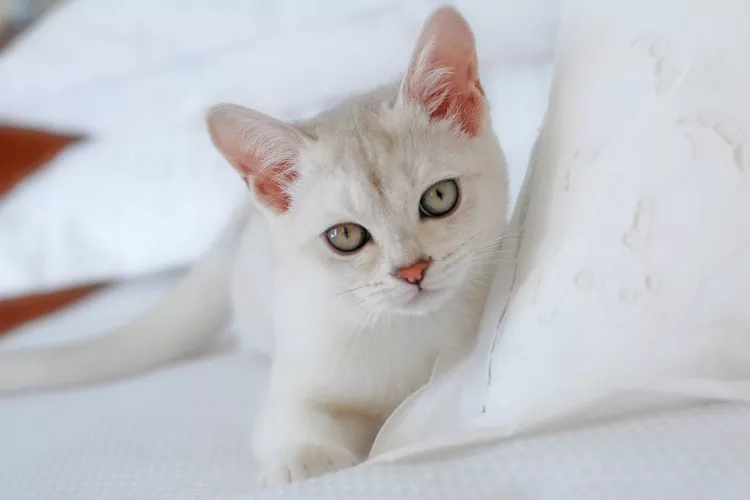
Burmilla: Cat Breed Profile, Characteristics & Care
The playful and social burmilla is one of the newest cat breeds to be officially recognized by the CFA. Learn about burmilla breed.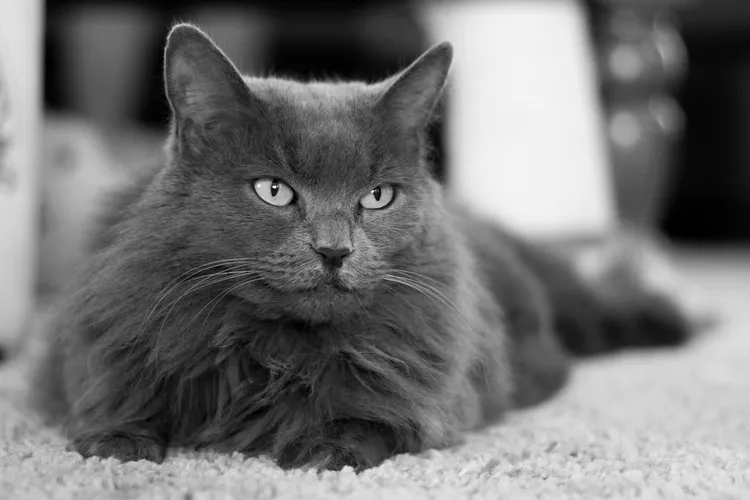
Nebelung: Cat Breed Profile, Characteristics & Care
The Nebelung is a rare breed of domestic cat that’s known for their long gray-blue fur and gorgeous green eyes. Learn about the Nebelung cat breed.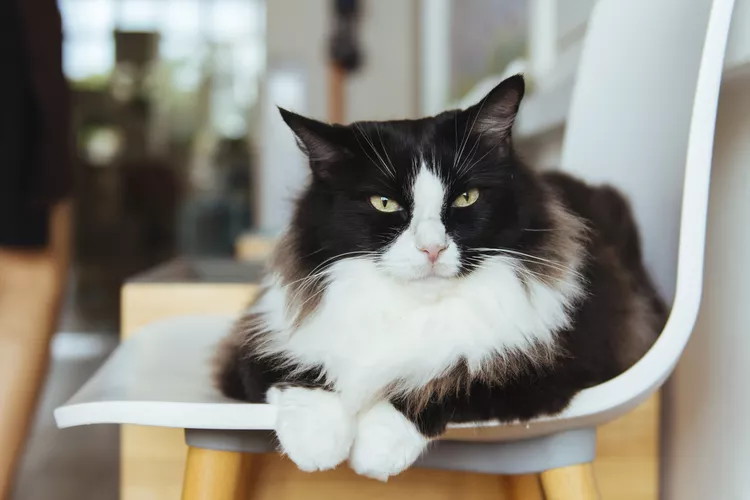
Cymric: Cat Breed Profile, Characteristics & Care
The Cymric, a long-haired Manx, is one of the world's oldest cat breeds. This tailless cat is friendly and playful. Learn about the Cymric breed.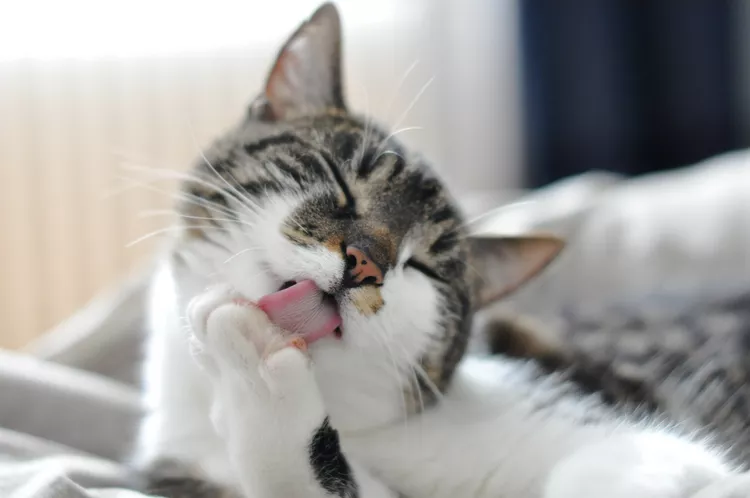
Here's Why Cats Groom Themselves
Learn all about cats' grooming habits: how and why cats groom, including mutual grooming, over-grooming, and displacement grooming!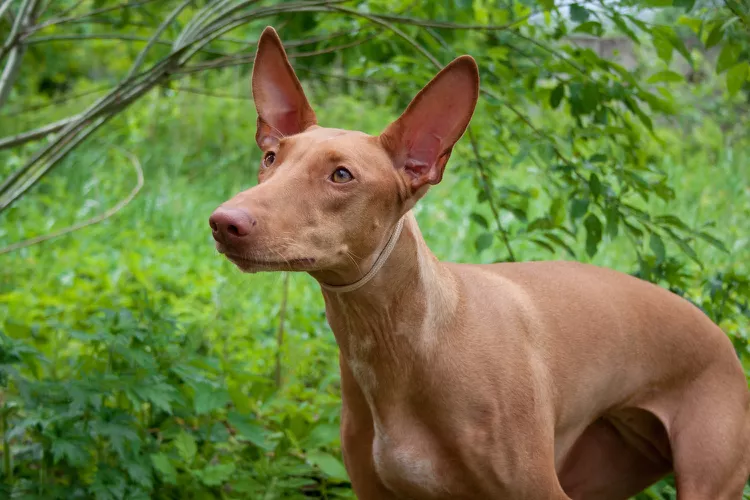
Pharaoh Hound: Dog Breed Characteristics & Care
Learn all about the Pharaoh hound, a sight hound dog breed known for their slim appearance and the ability to blush when excited.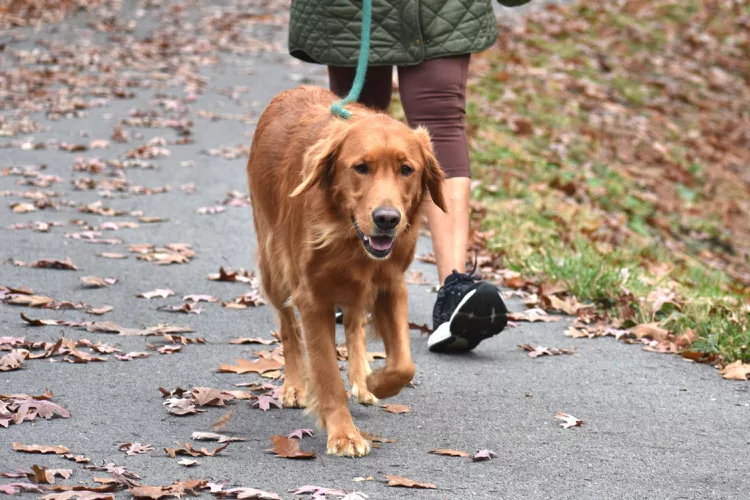
How to Walk Your Dog
Dog walks should be fun for your dog while respecting your community. Learn why walking your dog is important and get essential safety and training tips.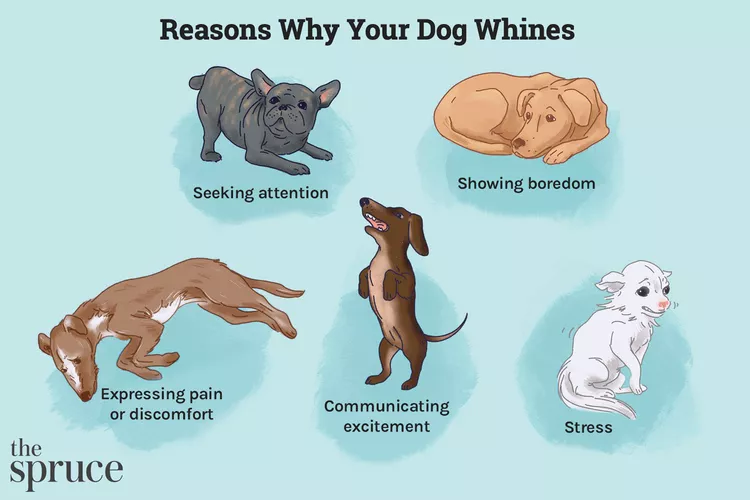
How to Stop Your Dog From Whining
Whining is a natural way for your dog to communicate with you. Explore the reasons dogs whine and how to discourage your dog from whining too much.
How to Stop Your Dog From Barking Excessively
All dogs bark, but excessive barking is a behavior problem. Learn how to help stop excessive barking and prevent it from happening all the time.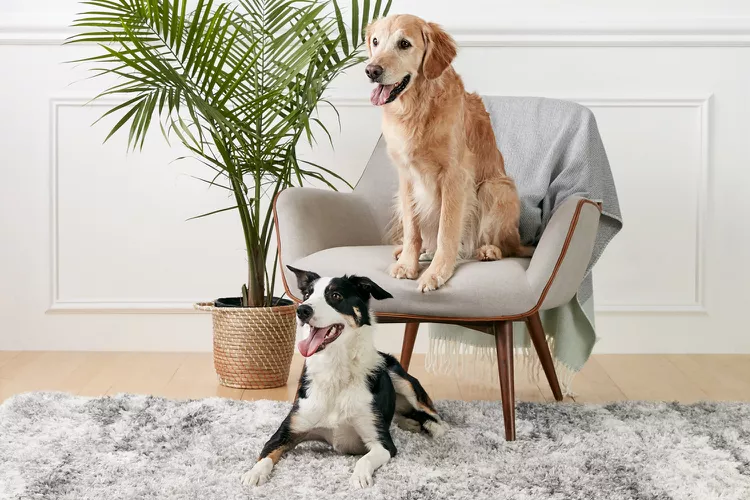
How to Train Your Dog to Live With Another Dog
When you add a second dog to your household, it's natural that there will be an adjustment period. Learn how to get two dogs to become acquainted.